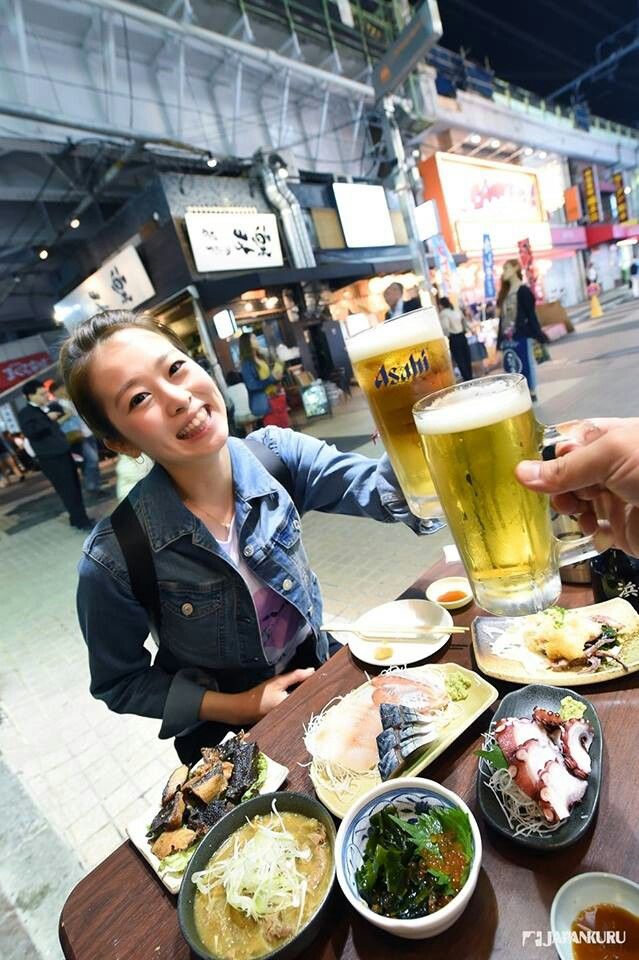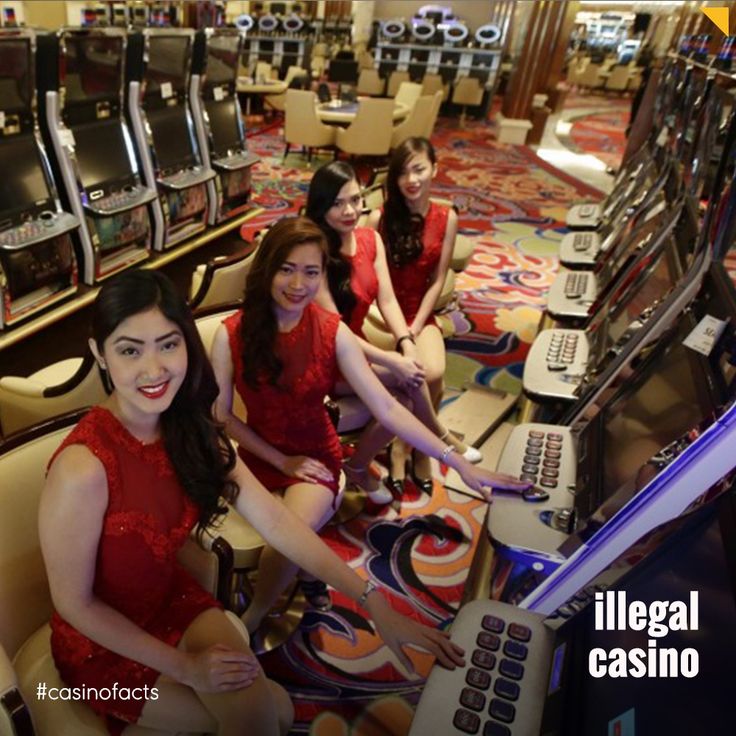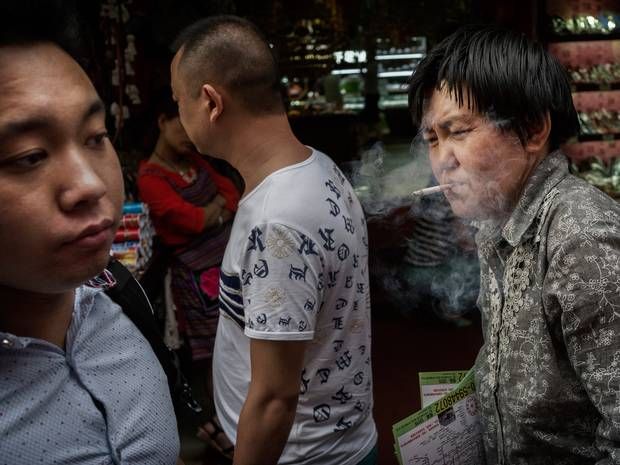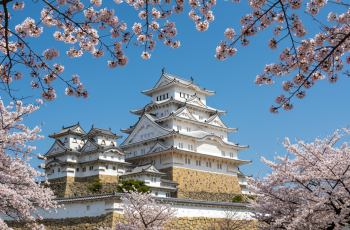Japan is often seen as a land of fascinating contrasts—a place where ancient traditions coexist with futuristic technology, and profound social harmony is a cornerstone of daily life. This unique cultural fabric is also reflected in its legal system, which features some surprising departures from norms in the West and other parts of the world.
What might be a casual, everyday activity in Tokyo could land you with a hefty fine or even jail time in New York, London, or Sydney. From how people gamble to what they drink in public, let’s explore seven fascinating things that are perfectly okay in Japan but often illegal around the world.
1. Drinking Alcohol in Public

Walk through a park in Japan, especially during the cherry blossom season, and you’ll see groups of friends, families, and coworkers enjoying picnics with beer and sake. Grabbing a chu-hai (canned cocktail) from a convenience store to drink on your walk home is completely normal.
-
In Japan: There are no national laws against drinking in public spaces like parks, streets, or even on many forms of public transport. Vending machines selling beer and sake are still a common sight. As long as you are not causing a public disturbance, enjoying a drink outdoors is a socially accepted part of life.
-
Around the World: This is in stark contrast to countries like the United States, where “open container laws” make it illegal to have an open alcoholic beverage in public in most cities. Similar restrictions exist in Canada, Australia, and many parts of Europe, where public consumption is confined to licensed areas like beer gardens or special events.
2. Pachinko: The Gambling Loophole

Step off any major street in Japan, and you’ll likely be met with the deafening electronic jingle of a pachinko parlor. These vibrant, noisy halls are filled with people playing a game that is, for all intents and purposes, a form of gambling.
-
In Japan: Direct cash gambling is illegal. However, pachinko cleverly sidesteps this law. Players win small metal balls, which they can exchange for “prizes” at a counter inside the parlor. These prizes (ranging from cheap plastic trinkets to gold-plated tokens) are then taken to a separate, unaffiliated establishment nearby, where they are exchanged for cash. This legal loophole allows a multi-billion dollar industry to thrive.
-
Around the World: In most countries, this system would be classified as unlicensed gambling. Casinos and betting are heavily regulated industries, and operating a game of chance for cash prizes without a specific license is a serious crime.
3. A Historically Low Age of Consent (Recently Changed)

This is a sensitive and critical point of difference that has seen recent, significant change. For over a century, Japan’s age of consent was one of the lowest in the developed world.
-
In Japan: Until June 2023, the national age of consent was just 13 years old. While some prefectures had local ordinances raising it to 16 or 18, the national law remained unchanged since 1907. In a landmark decision, Japan’s parliament raised the age of consent to 16. This historic move brings Japan more in line with global standards.
-
Around the World: Most countries in Europe, North America, and Oceania have set the age of consent between 16 and 18. A law permitting sexual activity with a 13-year-old would be considered statutory rape and a serious felony in these nations.
4. Smoking Indoors (With Some Restrictions)

While the world has moved aggressively to ban indoor smoking, Japan has been much slower to adopt comprehensive restrictions, reflecting a long-standing culture of smoking.
-
In Japan: A 2020 law made smoking illegal in many public places like schools and hospitals. However, the regulations for restaurants and bars are more lenient. Establishments can choose to allow smoking if they have designated, separately ventilated smoking rooms. Smaller, older bars and restaurants are often exempt entirely, meaning you can still light up right at your table.
-
Around the World: Comprehensive indoor smoking bans are the norm in over 70 countries, including the UK, France, Canada, and much of the United States. In these places, smoking inside any public establishment, including bars and restaurants, is strictly prohibited.
5. Owning Certain Blades and Swords
Given Japan’s history with the samurai, it’s not surprising that its laws around blades are unique. While gun ownership is almost impossible for civilians, owning a traditional Japanese sword (katana) is achievable.
-
In Japan: To own a historically significant or traditionally made sword, it must be registered with the Prefectural Board of Education as a piece of art or cultural artifact. These blades are not considered “weapons” under the law but rather works of art. However, carrying them in public without a valid reason is strictly illegal. The laws for other knives can be complex, but owning certain types for collection is permitted.
-
Around the World: Many countries have stringent laws against owning specific types of blades. In the UK, for example, “zombie knives,” butterfly knives, and swords with a curved blade over 50cm (which includes katanas) are banned from being owned in a private home. In other places, owning such an item would require a special weapons license.
6. Commercial Whaling
This is perhaps the most controversial activity on the list. While most of the world has condemned whaling, Japan maintains it as a legal, commercial industry.
-
In Japan: After withdrawing from the International Whaling Commission (IWC) in 2019, Japan officially resumed commercial whaling in its own territorial waters and exclusive economic zone. The government argues that it is a traditional part of its culinary culture and that the hunt is sustainable.
-
Around the World: The IWC established a moratorium on commercial whaling in 1986, which is respected by the vast majority of member nations. Countries like Australia, the United States, and the UK have laws that make it illegal to hunt, kill, or capture whales, and they actively oppose the practice on the international stage.
7. Bringing in Common Over-the-Counter Medications
A tourist’s innocent attempt to bring in cold medicine could lead to serious trouble. Japan has exceptionally strict laws on stimulants, which includes ingredients found in common medications abroad.
-
In Japan: Products containing pseudoephedrine, a common decongestant found in drugs like Sudafed and Vicks inhalers, are banned. Bringing them into the country is considered the illegal importation of a stimulant and can lead to detention and deportation. Many other common prescription and over-the-counter drugs require a special import certificate (yakkan shoumei).
-
Around the World: While regulations vary, medications like Sudafed are widely available over-the-counter in the U.S., Canada, and Europe (though sometimes kept behind the pharmacy counter to prevent misuse in meth production). Tourists would rarely, if ever, face legal trouble for carrying a personal supply for a common cold.
A World of Difference
These legal quirks highlight how a country’s laws are a reflection of its unique history, culture, and social priorities. They serve as a powerful reminder for any traveler: what is normal in one culture may be a serious offense in another. Understanding and respecting these differences is key to navigating our diverse world.

